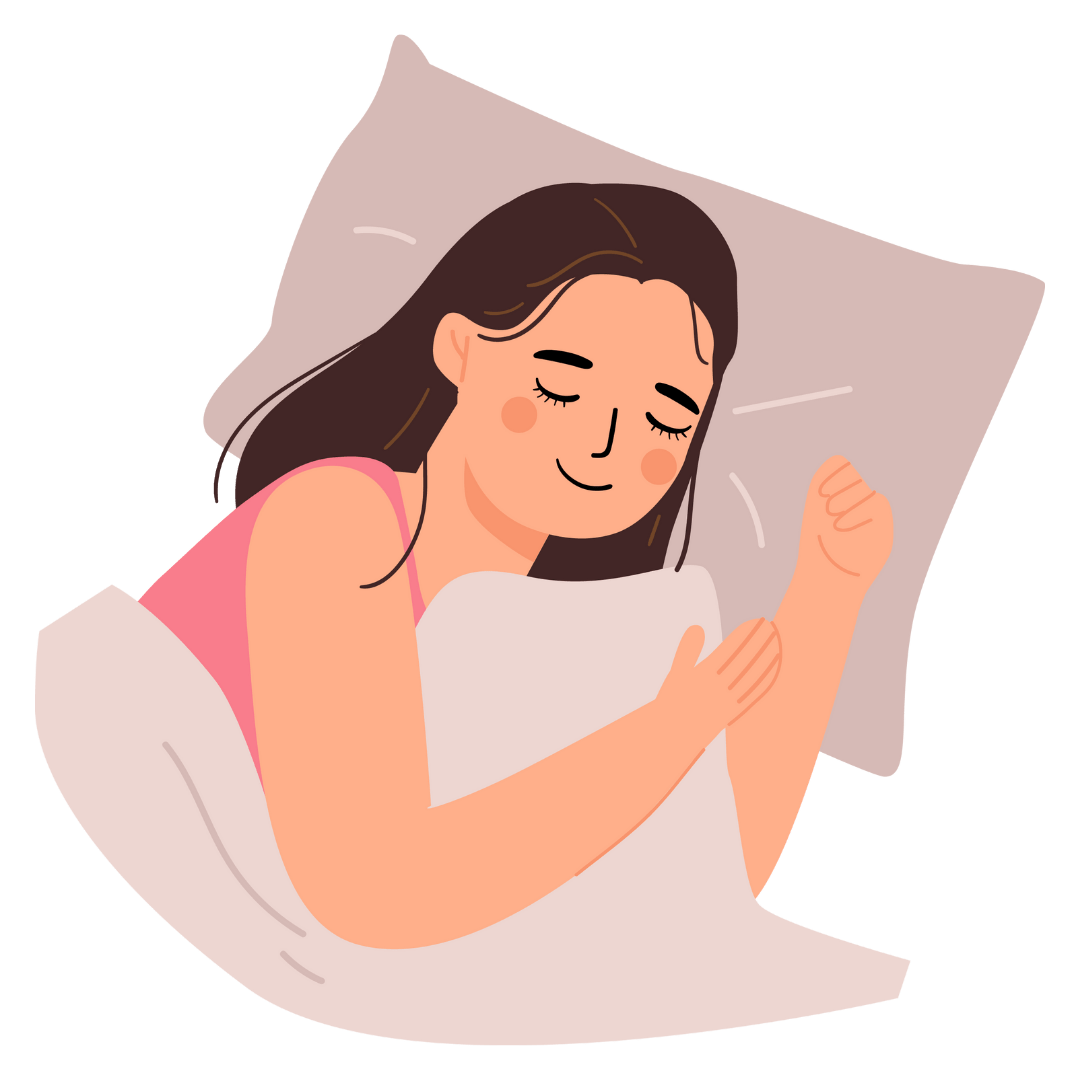





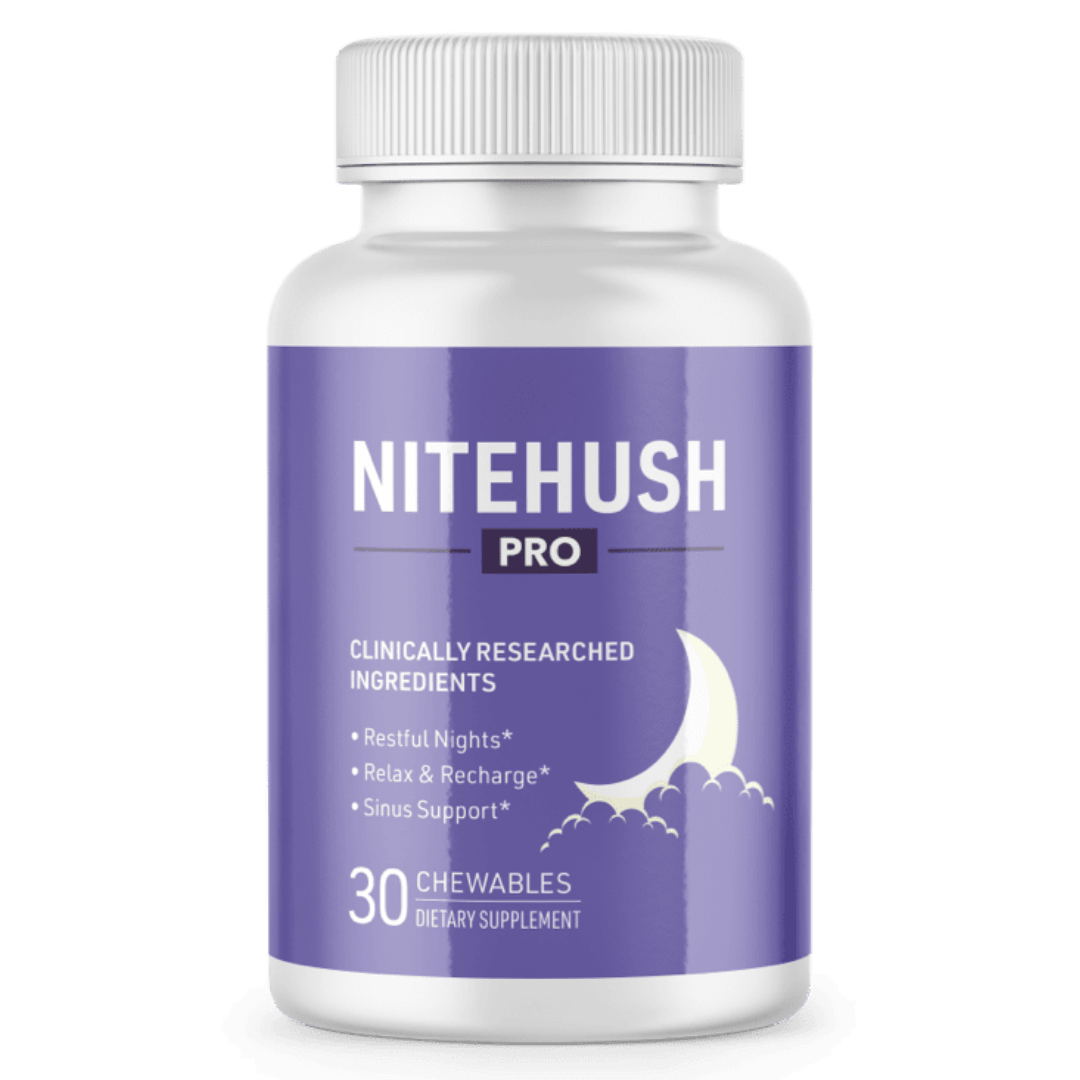
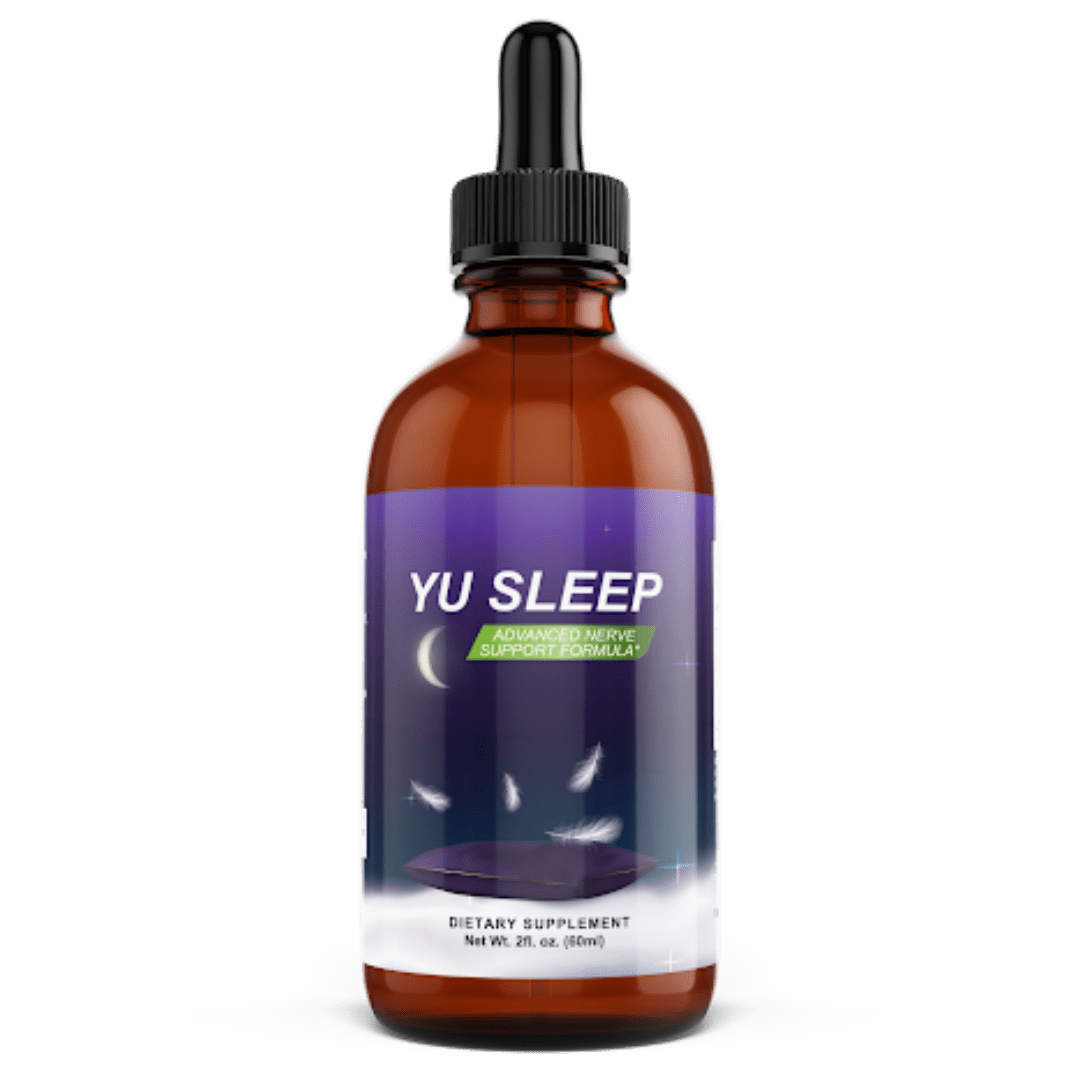

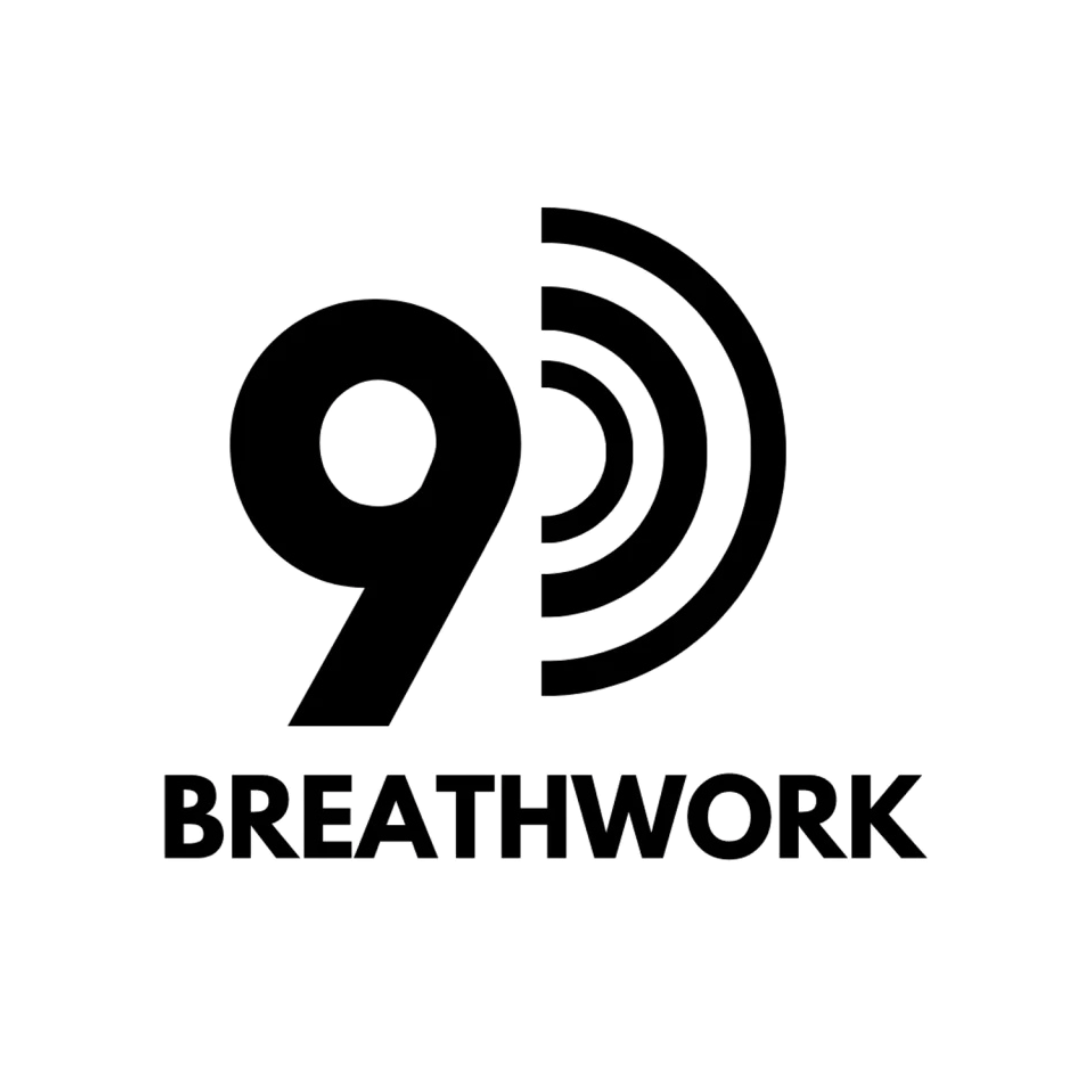

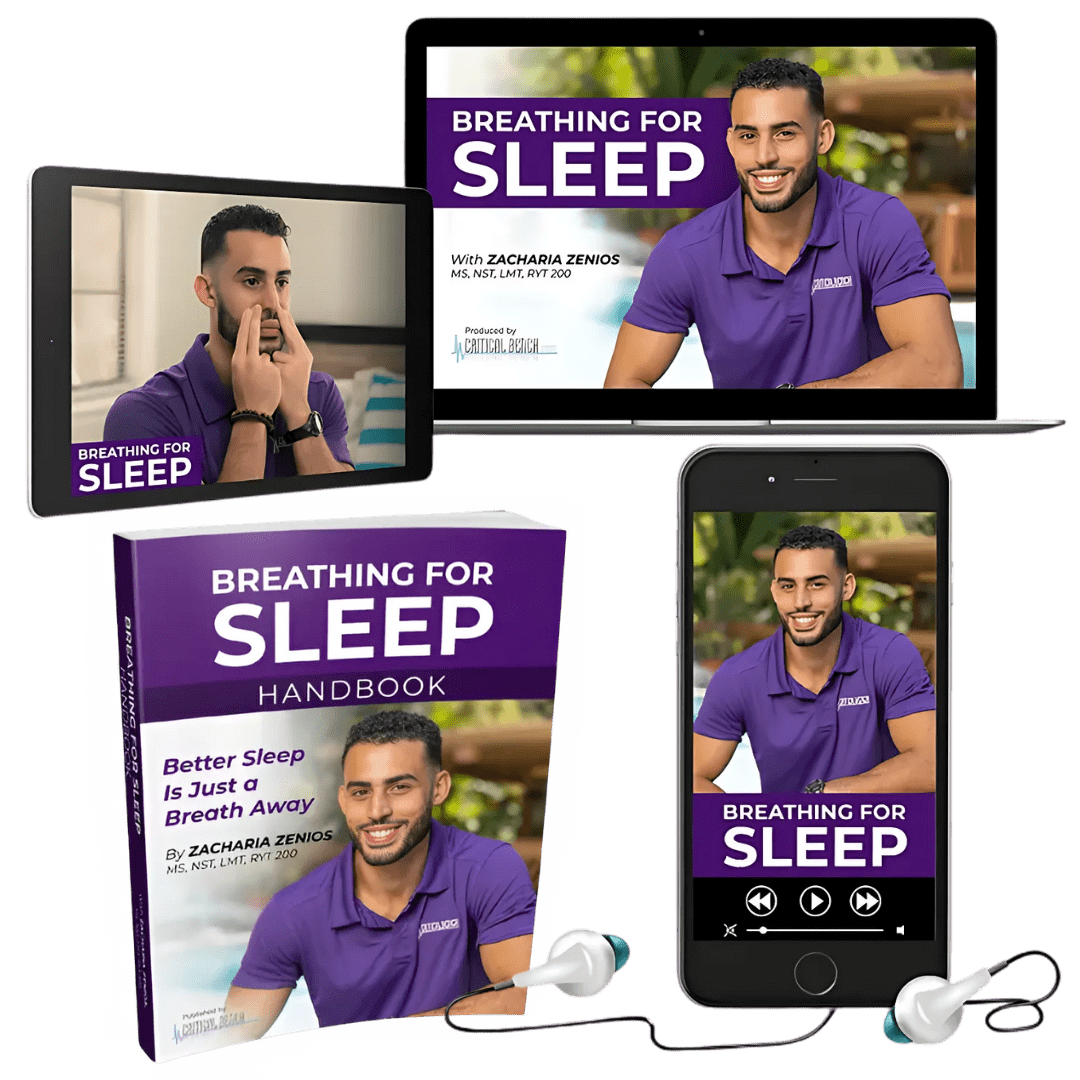

Between grading papers and parenting, stress was eating into my sleep. I found the guided meditations through SleepFixGuide and now use them almost every night. It’s made a big difference in how I feel in the morning.

I didn’t want to rely on melatonin anymore, so I was looking for natural alternatives. The herbal remedies and tea suggestions were spot-on. I now have a calming tea routine that helps me ease into sleep.

What I love most about SleepFixGuide is how simple and non-judgmental the advice is. I was skeptical at first, but after trying the box breathing and changing my evening habits, my sleep quality improved noticeably.

Working night shifts has completely thrown off my sleep. The circadian rhythm tips and environment tweaks from the site helped me create a rest-friendly space during the day. Super helpful!

“My mind used to race at night. The journaling prompts and stress-relief exercises have really helped me slow down mentally. I sleep more peacefully now, without tossing and turning for hours.”

“With two kids under five, sleep was a distant memory. The simple relaxation tools—especially the audio meditations—helped me fall asleep quicker even when time is short. I’m so grateful for this resource!”
